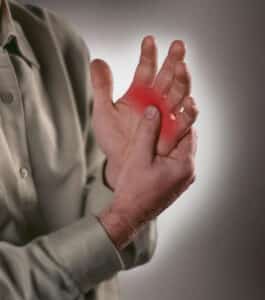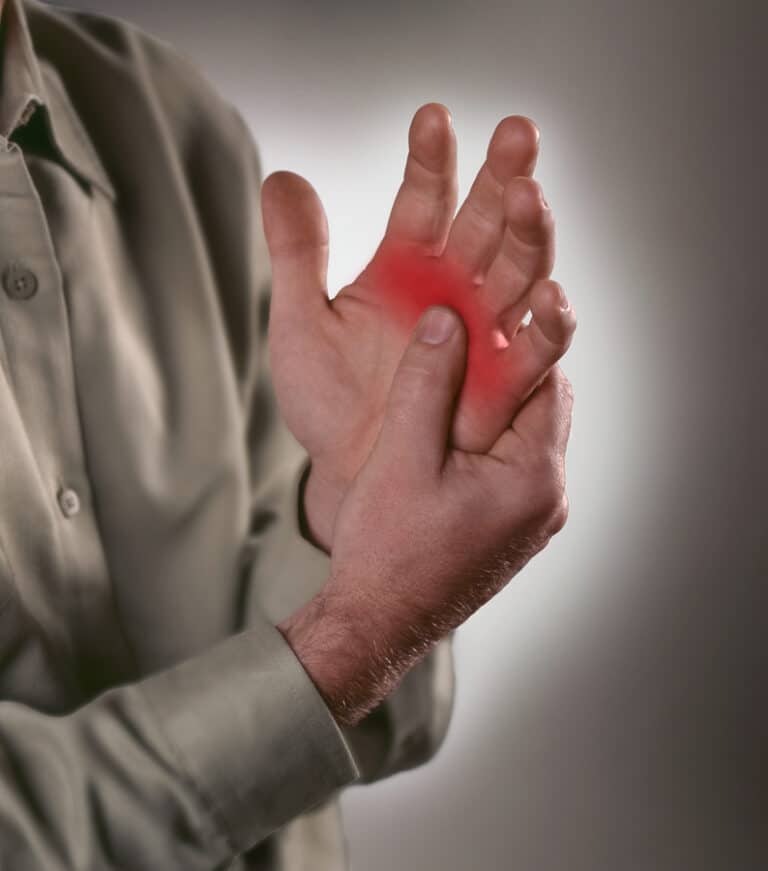When it comes to rheumatoid arthritis (RA) and its relationship with stress, it creates a challenging cycle that many seniors face daily. Research has increasingly shown that stress doesn’t just make RA symptoms feel worse—it may trigger flare-ups and accelerate disease progression. Home care services can help seniors understand this connection and develop effective management strategies.
The Stress-Arthritis Connection
Rheumatoid arthritis is an autoimmune condition where the immune system mistakenly attacks the joints, causing inflammation, pain, and potential joint damage.
Stress impacts the condition in several important ways:
Stress Hormones Increase Inflammation: When stressed, the body releases cortisol and adrenaline, which initially help fight inflammation. However, with chronic stress, these hormones can promote inflammation throughout the body.
Pain Perception Intensifies: Stress amplifies pain signals in the brain, making arthritis pain feel more severe even when inflammation levels remain unchanged.
Immune System Dysregulation: Chronic stress can disrupt immune function, potentially worsening autoimmune responses in RA.
Difficulty Maintaining Healthy Habits: Stress often leads to poor sleep, unhealthy eating, and reduced physical activity—all factors that can worsen arthritis symptoms.
For seniors specifically, this relationship becomes even more complex as age-related changes to the immune system, decreased stress resilience, and the presence of other health conditions can intensify both stress and arthritis symptoms.
Effective Management Strategies for Seniors
The good news is that with the help of home care, seniors can better understand the stress-arthritis connection, which allows them the chance to come up with strategies to manage it more effectively.
Some of the solutions that might be suggested include the following:
Mind-Body Techniques: Gentle, age-appropriate practices like tai chi and yoga have shown particular promise for seniors with RA. These activities combine stress reduction with joint-friendly movement, improving both mental well-being and physical function. Even simple deep breathing exercises practiced for 5–10 minutes a day can activate the parasympathetic nervous system, reducing stress hormones.
Appropriate Physical Activity: Regular, moderate exercise reduces joint pain and stiffness while releasing endorphins that combat stress. Water-based exercises like aquatic therapy are ideal, as they support the joints while providing resistance for muscle strengthening. Seniors can start slow, with just 10 minutes of activity, and gradually increase time.
Better Night’s Sleep: Poor sleep increases both pain sensitivity and stress hormones. Establishing a consistent bedtime routine, limiting screen time before bed, and creating a cool, dark sleeping environment can help seniors improve sleep quality and decrease symptoms of stress and arthritis.
Improved Social Connections: Isolation increases stress, which in turn makes arthritis worse. With this in mind, caregivers can encourage seniors to attend community events, remain in contact with friends and family members, or join support groups, not to mention offer companionship themselves.

Targeted Medical Approach: Seniors should be encouraged to talk with their medical team about both the stress they’re feeling and the pain from arthritis. Once the team understands what is happening, they may be able to prescribe medications that address the issues, provide a referral for physical therapy, or even suggest cognitive behavioral therapy for pain management.
By addressing both stress and arthritis at the same time, seniors can interrupt the cycle where each condition worsens the other. The key is recognizing that treating the emotional aspects of living with RA is just as important as managing the physical symptoms. With the help of home care, seniors can take control of the situation and improve their overall well-being.
Sources: https://versusarthritis.org/news/2024/january/stress-and-arthritis-why-it-s-important-to-manage-your-stress-levels
https://www.arthritis.org/health-wellness/healthy-living/emotional-well-being/stress-management/how-stress-affects-arthritis
https://www.webmd.com/rheumatoid-arthritis/ra-stress-response
If you are considering hiring a Home Care Service that is dedicated to the senior care market, contact 24/7 Coastal Contact today at (251) 260-0226.
Let us show you how and why we are different from any other service you may have tried in the past. Our team approach is the standard that sets us apart from the rest.
Prior to establishing 24/7 Coastal Contact, Ms. King worked for 30 years in the health care industry. Her experience began providing direct patient care. Eventually, she transitioned into home care and home infusion, then acquired her HCS-D certification as a Home Health specialty coder where she learned about the administrative burden facing Home Health and Home Care providers.
It became clear that after-hours customer service was a major toll home care industry and it was with this need in mind that 24/7 Coastal Contact was founded. Since 2018, 24/7 Coastal Contact has grown explosively. Now, we provide service to over 40 agencies in over 24 states with a 95% retention of service rate.
- The Connection Between Rheumatoid Arthritis and Stress - May 15, 2025
- Workiversaries for May - May 5, 2025
- The Benefits Of On-Call Staffing - May 2, 2025




